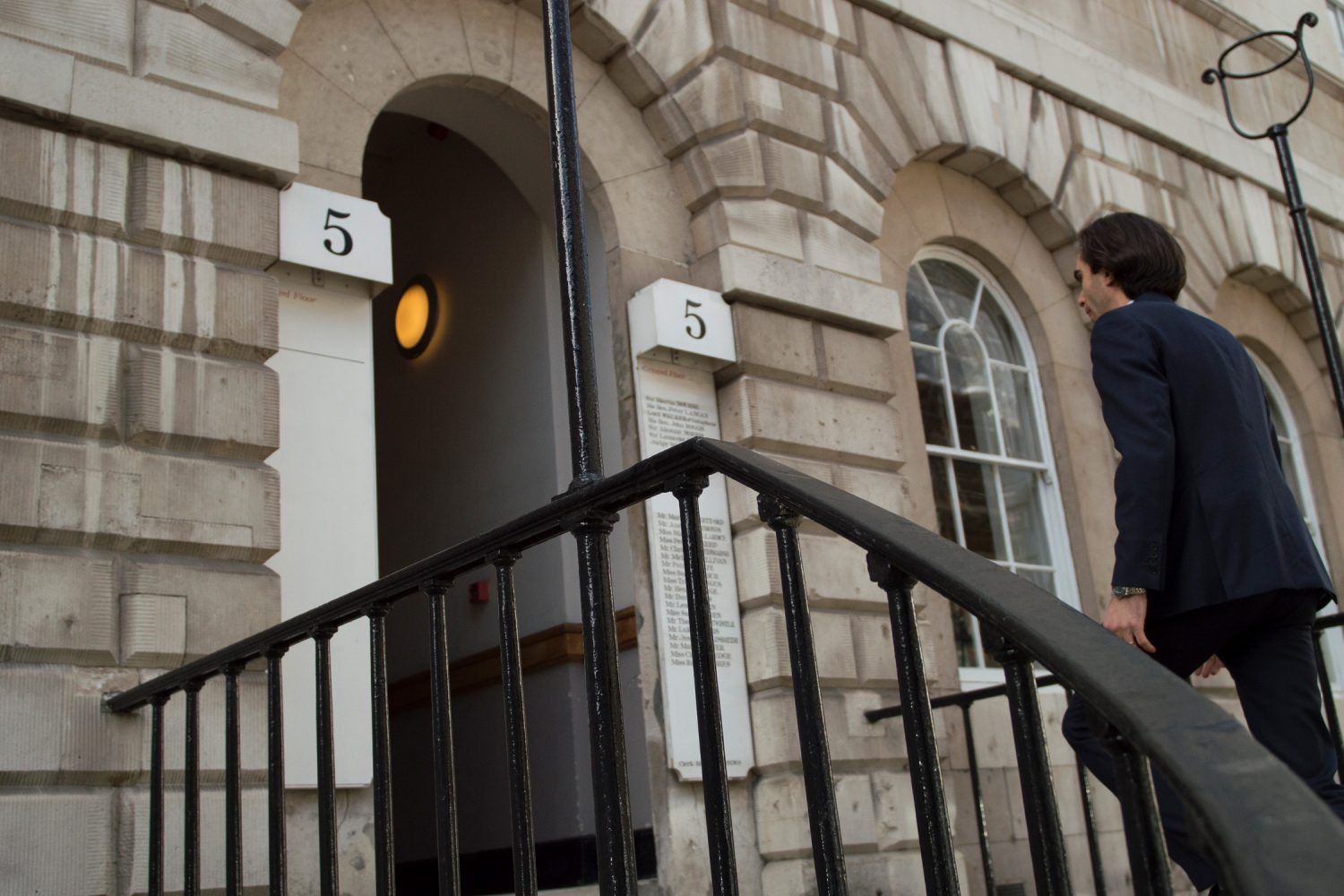AIDINIANTZ V. AIDINIANTZ [2015] EWCOP 65
Judgment was handed down by Peter Jackson J on Tuesday 13th October 2015 in the Court of Protection case of Aidiniantz v Aidiniantz.
5 Stone Buildings barrister David Rees, instructed by Bindmans LLP acted for Mrs Aidiniantz’s litigation friend, the Official Solicitor in the two-day hearing before Peter Jackson J which led to the published judgment.
The case was a dispute between the four adult children of Mrs Grace Aidiniantz, who is aged 88 and is in poor health, about where she should live, the basis upon which they should each have contact with her and the extent to which there should be an investigation into past dealings with her finances. The judge described the Court of Protection as “the latest setting for the poisonous feud between the children”, who have been in litigation since 2012, in part about dealings with the business of the Sherlock Holmes Museum in Baker Street, for which the premises were purchased with funds provided by Mrs Aidiniantz.
Unusually for a Court of Protection case, the judge permitted the identification of the parties, including Mrs Grace Aidiniantz, although the hearing itself was not in public and the judge refused permission to report extracts from the evidence. The judge’s reasons for ordering the identification of the parties were:
- It was in the public interest for the consequences of the family’s exceptional “mutual acrimony” to be published, as the knowledge might deter another family from behaving in the same way. Peter Jackson J said “It is in the public interest to know how the court process operates in a recognizable case” and referred to the £270,000 legal costs spent by the family on the Court of Protection proceedings alone.
- Publication of an anonymised judgment would be futile, as other disputes between members of the family were already in the public domain.
- It was undesirable that there should be any greater difference of approach than necessary between two courts dealing with different but related aspects of the same dispute. As recently as 4 June 2015, an extensive public judgment in relation to financial issues had been given in the Chancery Division.
- Mrs Aidiniantz’s right to privacy and dignity was undoubtedly an important consideration, but the judge did not consider that publication amounted to significant further intrusion into that privacy. “It contains little personal information and makes no criticism of Mrs Aidiniantz: on the contrary, any fair-minded reader would be bound to feel sympathy for an elderly parent in her situation.”
The judge was critical of the conduct of all of Mrs Aidiniantz’s children and in considering her best interests under section 4 of the Mental Capacity Act 2005 he concluded that he should attach no weight to any of their views about her welfare on the basis that through their actions they had forfeited the right to have their views taken seriously on the question of what was in their mother’s best interests.
This is a notable and robust decision, both on the non-anonymised publication of Court of Protection judgments, and on the extent to which best interests decision making under s4 MCA should have regard to the outcome of consultation with other family members as to what is in P’s best interests.


